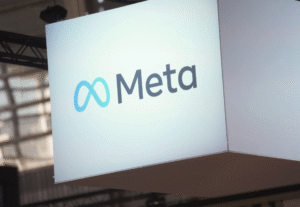Toyota Motor expects its operating profit to fall by 21% in the current financial year, as the automaker contends with mounting challenges including U.S. tariffs and a stronger yen, despite continued robust demand for hybrid vehicles.
The company forecasts an operating income of 3.8 trillion yen (approximately $26 billion) for the fiscal year ending March 2026, down from 4.8 trillion yen in the previous year. This projection closely aligns with analysts’ expectations, which averaged around 4.75 trillion yen according to data from LSEG.
Toyota is increasingly vulnerable to the economic ripple effects of tariffs imposed by U.S. President Donald Trump. These trade measures not only threaten to impact the company’s exports to the U.S., but could also dampen consumer confidence in global markets, potentially curbing demand for new vehicles.
In a recent presentation, Toyota attributed the expected profit decline to the combined effects of an appreciating yen, higher raw material costs, and the financial burden of tariffs. A stronger yen reduces the value of overseas earnings when converted back into Japan’s currency, posing a significant challenge for export-driven businesses like Toyota.
If Toyota opts to boost its manufacturing footprint in the U.S. in response to trade tensions, it may also face rising labor expenses and increased investment demands—cost pressures being felt across the automotive industry.
In China, Toyota has managed to perform better than some of its Japanese peers, but it still faces difficulties in a market dominated by increasingly competitive local brands. The company continues to experience a drop in Chinese sales, underscoring the intensity of the battle in the world’s largest car market.
Despite these headwinds, Toyota remains the top-selling automaker globally and continues to benefit from strong interest in its hybrid lineup. However, financial pressures from currency shifts, materials costs, and geopolitical factors are expected to weigh heavily on its bottom line over the coming year.














